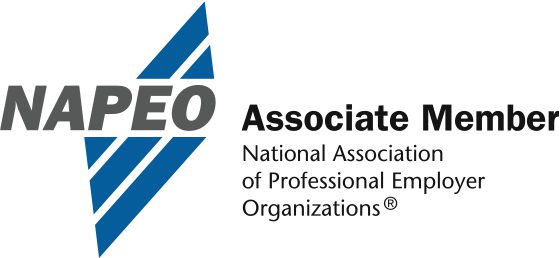Guest blog provided by Slavic401k
The IRS allows 401(k) participants to borrow the lesser of $50,000 or 50% of an account balance for tight financial situations that require funding, such as medical emergencies, home repairs, bills, and more.
While borrowing from your 401(k) can be a quick way to get cash without paying taxes or penalties, it’s not always the best option for people in the workforce due to the volatility of the job market.
Obtaining a 401(k) loan is usually easier than going through a financial institution for a home equity or personal loan, but the interest rate can be one or two points higher than the prime rate, making an already sticky financial situation, even stickier.
In the case that you experience job loss, or decide to move to another company, then having a 401(k) loan will not be ideal long-term, especially if you have an outstanding balance on that loan. Because of the rules and regulations centered around 401(k) loans, you will find yourself in a position to pay back the outstanding balance by the next income tax cycle, which can cause additional financial strain.

Read on to learn what happens to a 401(k) loan when you leave a job to learn how to navigate the situation.
What Happens if I Leave My Job with a 401(k) Loan?
If you find yourself packing your desk, make sure you understand the rules and regulations for 401(k) loans before you leave. The IRS requires people with outstanding balances to repay the borrowed amount in full by the next federal tax return due date, or else penalties will occur.
According to Beagle, if you are unable to pay the amount back by the due date, then you will have to pay income tax on the borrowed amount, including a 10% early withdrawal penalty if you are below the retirement age of 59½. This can cause additional financial strain, especially if you’ve already spent the entire amount you borrowed.
For example, if you borrowed $50,000 in August and haven’t made any payments toward the loan since, then you will owe $50,000 by April 15 the following year.
In tight financial situations, people may find themselves needing additional loans to pay back their 401(k)-loan balance, which can create a bigger problem over time.
If you find yourself in a position where you’re leaving a company – whether forced or by choice – check with the company’s benefits specialist to understand the timeframe you have to make payments on the borrowed amount. CNBC reports that most companies won’t let you make payments once your position is terminated, but it’s worth checking.
Ways to Pay Off a 401(k) Loan
If you need to brainstorm ways to pay back your balance, look no further. There are a variety of ways you can make extra money to help pay off your debt, including:
- Round Up Payments: If your budget allows, round up your 401(k) loan payments every month to the nearest $100 dollars. If you’re paying $550 per month, round up to $600. You will zero out your balance a lot faster, with little to no sacrifice on your part. If you need to make room in your budget, use the 50/30/20 rule to adjust your spending and savings as needed. If you haven’t created a monthly budget yet, read our guide to creating a budget for pointers.
- Get a Side Gig: If you’re unable to make room in your budget, you may want to consider a side gig to earn more cash for your loan balance. Consider driving for Uber or Lyft, or become a delivery driver with Shipt, Amazon, or UberEats. By making extra income in your free time, you can pay your 401(k)-loan balance off quickly, with no sacrifice to your monthly budget for other bills and necessities.
- Make Extra Payments: Again, if your budget allows, make extra payments when you can. A little bit can go a long way, so even if you’ve made extra cash for tips, got a tax refund, or have a little wiggle room in your monthly spending, consider contributing it to your 401(k)-loan payoff. Soon, you’ll find yourself in a better financial position, and can hopefully zero out your balance faster.

401(k) loans can be a good option in a pinch, but be sure to have a solid plan to pay it back quickly. Finding yourself in a position to pay off extra debt without a solid income can cause additional financial strain, so make sure you understand the rules and regulations before you start withdrawing funds.
To learn more about finances, and the best way to save, spend, and make money, subscribe to the Slavic401k blog.







